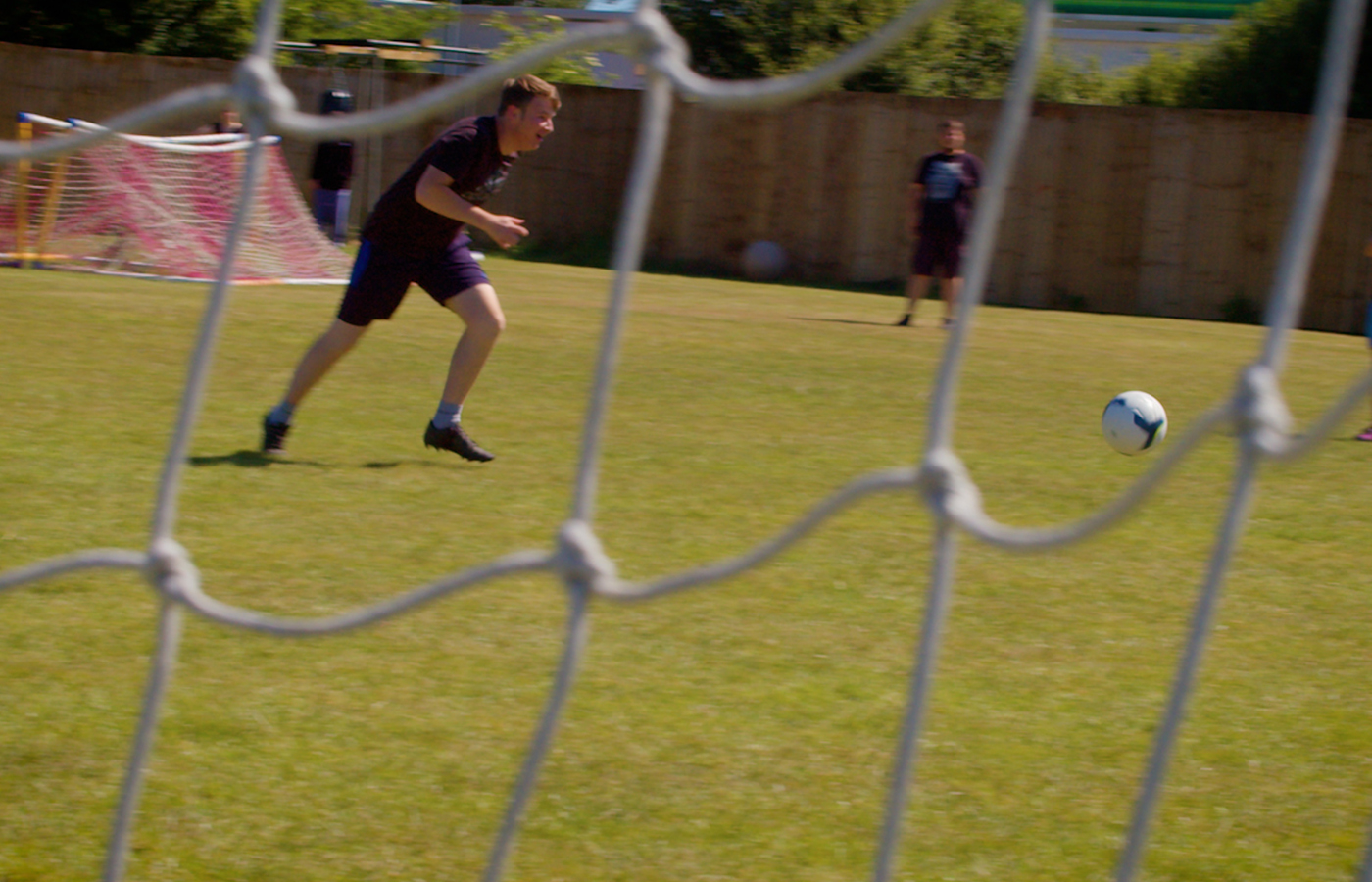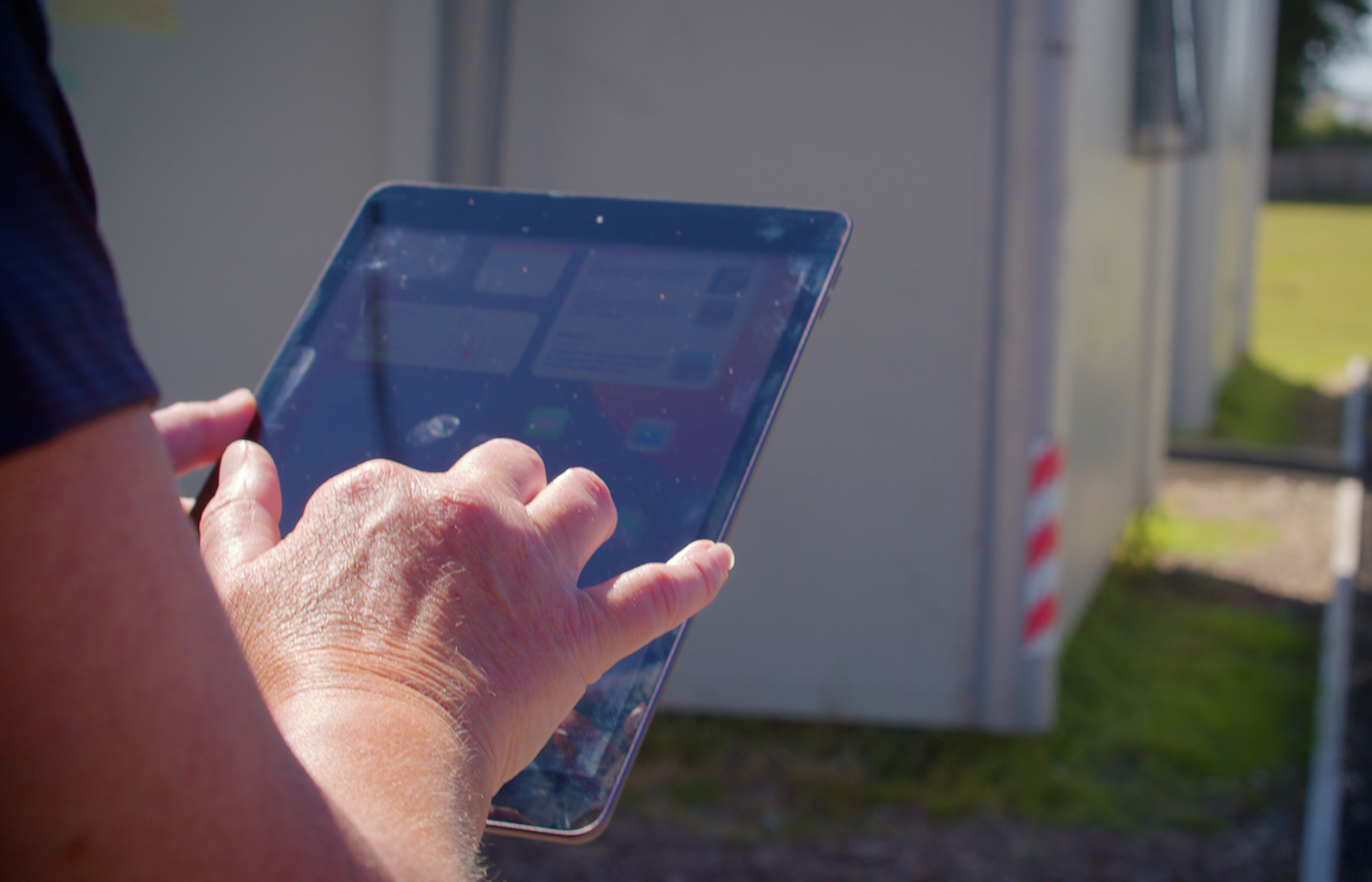Student Journey
The young people who are accepted into the foundation will have had a negative experience of the system. Many will have been permanently excluded multiple times from a range of settings. Many will have experienced inappropriate strategies for supporting their emotional development. Their self-esteem is often low, their mental health poor. As a result, their home support will often feel hopeless and doubtful that they will ever find a context that will be able to meet their child’s needs.
Meeting with members of the home support network, whether that be immediate or extended family or professional carers, is an integral part of the consultation process. Before accepting a student into the foundation, a thorough assessment of their needs is carried out with all agencies involved in supporting both them and their home setting. During this consultation period, home visits from members of the foundation staff will be arranged simply to chat to the young person and those responsible for their care to find out about their particular needs and aspirations and whether we feel we can support their development. A strong, positive relationship with home settings is crucial to the work of the foundation and active support for home contexts from the hub teams is guaranteed throughout the young person’s time with us.


Once a student is accepted, a suitable hub will be identified. Students are placed in a hub based on their learning style and emotional development rather than their age or academic ability. A bespoke induction plan is designed by the hub team and is governed purely by the students’ needs, whether these are outlined in section F of their Education, Health and Care Plan or whether these are simply the result of the “student voice” work that is undertaken as part of the consultation. Induction will last anything from a few days to a few months. We are keen for students to take this at their own pace: it is essential that they feel ready to come into full time on-site provision since it can be daunting and a trigger in itself for intense emotional responses. We would, however, recommend that students undertake an induction of no less than four weeks as we have found that a period of slow transition is the most effective way of engaging students and ensuring their attendance in the longer term. Full time on-site provision is the goal for all our students and we work hard towards achieving this.
Where a students’ needs are complex and we feel on-site hub provision would be inappropriate in the first instance, we offer a support programme with an outreach hub.These three highly trained professionals work with a range of students and all support and development is planned and delivered by the team within the home setting and/or off-site for at least three months at which point a review is undertaken and, if appropriate, further specialist provision designed and tailored to the young person’s changing needs.

Full details of the provision and our approach are detailed in the following policies:
- Me, Myself & I
- Induction
- Curriculum
- Learning & Teaching
Onward transition
The foundation is committed to supporting our young people to obtain the best possible offer for the next stage in their journey.
As soon as a student is enrolled, they will access the foundation’s careers programme, which supports students to deepen their understanding of employability, how to develop their CV through such opportunities as volunteering or work experience and ultimately how to apply for college courses or jobs.
During Year 10 and/or 11, we work closely with our students, their home setting and their preferred post-16 provision to ensure there is a comprehensive and personalised post-16 Transition Plan in place. Foundation staff endeavour to support all aspects of transition into post-16 provision with a view to helping our young people make informed decisions about their next steps.